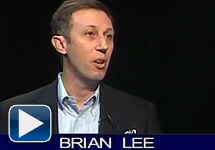
Video interview on terrorism at the Sochi Olympics, Russia’s role in the removal of chemical weapons from Syria, and more.
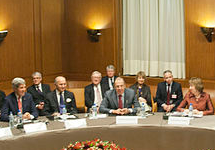
Reactions to the Joint Action Plan Implementation Agreement Summary by the White House.
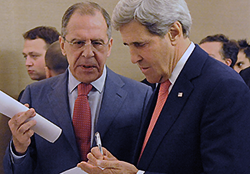
The Iran Nuclear Deal is good for the United States, and for Iran.
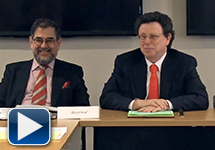
Video of a seminar with Ambassador Alfredo Labbé Villa and Ambassador Susan Burk on November 14, 2013.
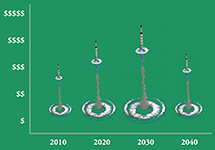
JANUARY 7, 2014: Report shows costs will be three times the current annual expenditure and result in reduced nuclear capabilities.
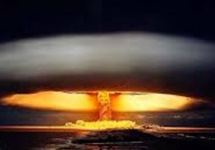
Video of issues in 2013: nuclear, biological & chemical weapons & ballistic missiles.
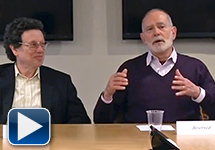
Guest lecture with guest speaker Michael Krepon, co-founder of the Stimson Center.

Citizens worldwide verify compliance with international arms control treaties.
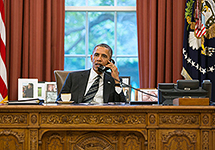
US and Iran have just begun peace talks. Given time and a chance, who knows what might happen?